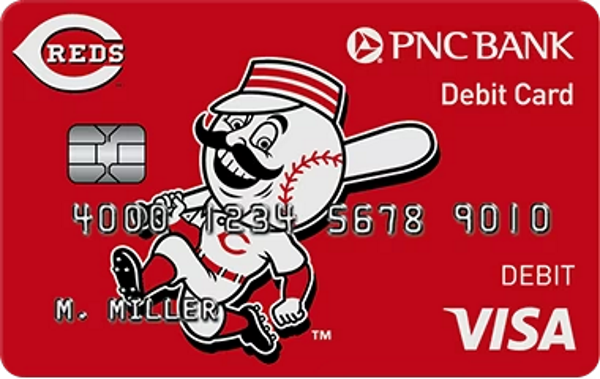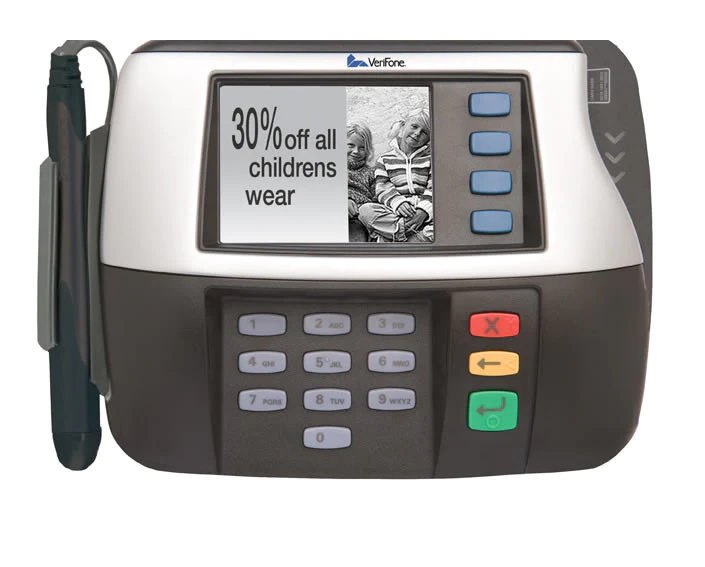
As we move towards our dream of a cashless society, more and more businesses are now relying on credit card processors to deal with the process of accepting credit and debit cards. Credit Card Processing is extremely important for any business because it ensures how quickly and effortlessly customers can checkout. So in this article, we promptly overview the basics to help you understand the ins and outs of credit card processing.
Table of Contents
How Does Credit Card Processing Work?
A customer must first give their credit card details in order to make a payment. In a physical store, you do not need to manually type in all the details as you have different solutions to quickly transfer this information through swiping magnetic stripe cards, tapping contactless cards, or even using digital wallets such as Apple Pay or Gpay to initiate a payment.
Online customers, however, need to present credit or debit card information on websites, and they usually have to type it in, or if they have previous card information saved, it may authenticate automatically.
The payment information is subsequently given to the processor, who uses the relevant card networks to interact with the customer’s bank and initiate a transaction. The bank then checks if the credentials provided are correct and if you have available funds in your account to fund the request. If everything checks out, the transaction request is approved, and the payment is completed; if there aren’t available funds or a mismatch in credentials, the transaction request is denied.
How to Choose a Credit Card Processor
Credit card processing is a complex process involving different parties working together to ensure a transaction goes smoothly. So when you are evaluating potential credit card processors for your business, here are four essential criteria that you must focus on.
- Speed of the transactions
- Exceptional uptime record
- Structure of rates that is both fair and clear
- Customer service
Transaction Speed Matters
The easier it is to make a payment, the more likely it is for customers to return to your business. Customers like the option to pay using debit and credit cards because of the convenience and the speed with which payments are processed. Even minor delays during a payment princess can feel like an eternity. So You’ll want to choose a processor with a track record of securely and swiftly processing huge volumes of transactions without much delay.
Now, what is considered to be fast is constantly changing as the bar is always on the rise. But overall, anything below the 2-second threshold is deemed to be great, and you should ideally select a Credit Card Processor that can deliver below the 2-second mark.
But as stated before, speed is not the only differentiating factor as security also plays a significant role. So do not compromise on security to save a little bit of time.
Look for Evidence of Consistent Uptime
Businesses suffer a great deal when payment systems go down. It’s not just about the financial aspect, but customers also get a negative impression of your business which will hurt your goodwill in the long run. Customers who are turned away due to an outage may see your company as untrustworthy and inconvenient. So, in today’s day and age, a payment outage is a massive problem, and you would never want to be a part of it.
Although credit card processing disruptions are uncommon, any complex system like card processing is susceptible to downtime. So, it is a good idea to Inquire about the uptime history of a credit card processor and the efforts they’ve made to reduce service interruptions. Reliable processors provide options to assist merchants in remaining operating during a network outage and have backup servers always online to lessen their own risk of going down.
Transparent Rate Structures
Although credit card processing might be a complicated process, the cost of its service should be transparent. The rates and fees you’ll pay are determined by various criteria, beginning with how risky our businesses are for the payment providers.
The risk considerations of various sorts of businesses influence exchange prices. The cost of interchange is determined by the card brands and is the same for all processors, even if payment processors impose their own rates and fees on top of interchange fees. So whether you agree with the processing provider or not, this fee will remain consistent.
If most of your transactions are classified as “little tickets” or “convenience purchases” by the card companies, rate structures are critical. Businesses such as quick-service restaurants, convenience stores, and movie theaters may benefit from being located on an interchange level that is charged at a lower rate when compared with low-volume high-ticket transactions.
But ultimately, transparency is critical when it comes to your money. Any credit card processor you are considering should provide you with clear, simple, and comprehensive explanations of rates and fees.
Customer Support Can Make or Break Your Day
As a business owner, you should be well aware that troubleshooting and maintenance are an inevitable aspect of working with any sophisticated system, and no matter which credit card processor you select, you will encounter few mishaps. So, it is essential to know how efficiently service providers can respond to such challenges and help you take swift actions to minimize damage.
When things go wrong, you need to be able to rely on actual people who understand how payments operate, what may go wrong, and how to fix it. When you call, you need to be able to speak with someone immediately, whether it’s in the middle of the night or during a hectic holiday season.
Not all credit card processors provide live customer service 24/7, and if your point of sale is mission-critical, like in the medical sector, you must ensure that any processing provider you’re considering can provide the degree of service you need. Leading payment processors keep track of call waiting times and resolution ratings, so be sure to inquire about those as well.
What Does Credit Card Processing Cost?
Processing Fees
Every credit card payment you take is usually subject to a processing fee from your credit card processor. Depending on the pricing scheme used by your processor, you may be charged some additional fees.
Wholesale and markup fees are the two main types of transaction costs. The issuing bank and the card network both impose wholesale fees, sometimes known as “interchange” costs. The credit card processor and the payment gateway both impose markup fees. Markup fees, unlike wholesale fees, can be negotiated.
Fee for transferring money: The interchange charge which is the same as the wholesale fee discussed above. This is a standard, non-negotiable charge that covers transaction expenses, the risk of payment acceptance, and the hazards of fraud and bad debt. The interchange fee is a percentage of the purchase amount plus a predetermined transaction charge specified by each card network and collected by the consumer (issuing) bank. This charge is the most expensive part of credit card payment processing, and it is usually determined by the kind of credit card used. The typical interchange rate for credit cards in the United States is around 1.8 percent and 0.3 percent for debit cards; however, a retailer’s cost varies substantially.
Service Fee: This is another non-negotiable fee, but this time it is imposed by the card network. This charge is usually a tiny proportion of your transaction volume, and it is determined by the card networks’ risk assessment or calculation.
Processing Fee: Each payment processor has its own set of costs. This is referred to as the payment processor markup, and it varies based on the processor’s price plan.
Types of Payment Processor Pricing Models
Payment processors use several different pricing methods. When it comes to choosing a payment processor, these are the four most common options:
Set Fee: Regardless of the card used for payment, the processor charges a simple set fee for all credit and debit card transactions. Due to the decreased risk, card-present transactions frequently have a lower flat fee than card-not-present transactions. This can be set up as a simple base rate (for example, 2.9%) or a base rate with a tiny per-transaction fee (2.9 percent + $0.30 per transaction). Instead of separating the wholesale and markup costs, this strategy combines both.
Tiered: The fee is determined by the card type used in the transaction, the amount of risk involved in the transaction, and the business’s overall transaction volume. This approach is said to be the most complicated and maybe the most perplexing for businesses. We recommend you rethink if this is your primary pricing model.
Interchange Plus: The Interchange Plus pricing model is the most prevalent and is frequently regarded as the most transparent and cost-effective of them all. In this model, a portion of the transaction plus is payable to the merchant at a predetermined per-transaction fee. The wholesale charge (the “interchange” component) and the markup fee (the “per transaction” part) are readily distinguished in this way. In short, a $100 payment made with a Visa credit card, for example, would have a total (effective) rate of 2.13 percent, which includes the interchange fee, the card network fee, and any extra costs levied by the credit card processor. You do not need to worry about any calculations as you pay a fixed 2.13% fee on every transaction.
Subscription: The processor charges a monthly service fee and a nominal per-transaction fee. The wholesale fee is not included in the markup fee.
Bottom Line
Credit Card Processing may not be cheap, especially for small businesses. Still, it gives your customers a choice of convenience that will make them return to your businesses repeatedly. To learn more about payment processing and credit cards, keep an eye on our daily blogs.



